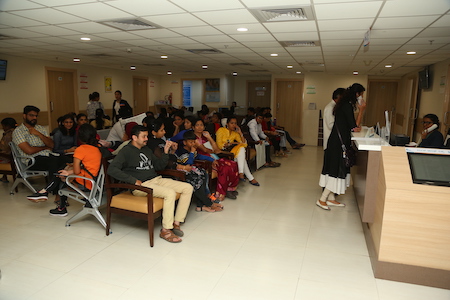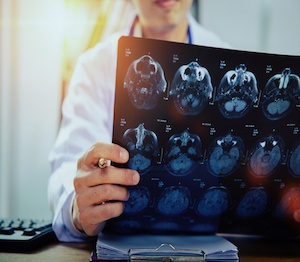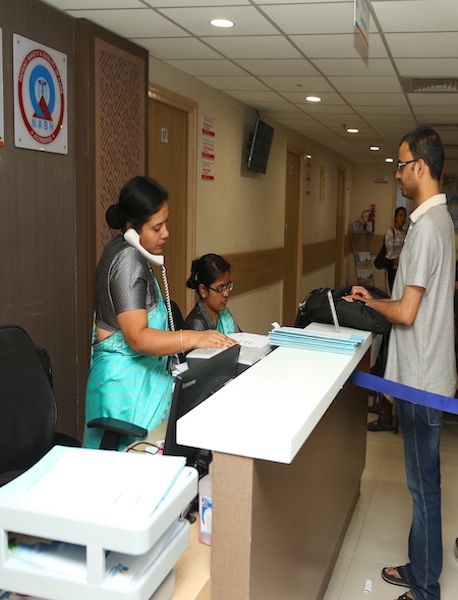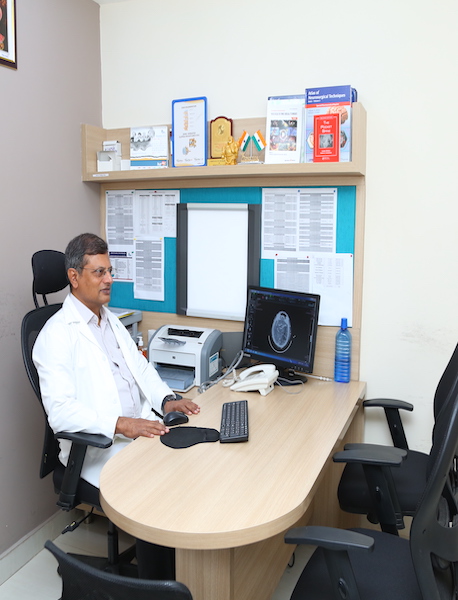Book Appointment
Experience exceptional neurocare with Neuro Doctors at Apollo Hospitals. Our team of experts is dedicated to your well-being. Book your appointment today!
Neuro Doctors is a cohesive group of Best Neurosurgeons in Bangalore with 40 years of work experience to provide comprehensive neurosciences care.
Experience exceptional neurocare with Neuro Doctors at Apollo Hospitals. Our team of experts is dedicated to your well-being. Book your appointment today!
“Experience a new era of neuro care with Neuro Doctors: Where expertise meets compassion for your well-being.”
We offer Epilepsy Surgery and cure of medically refractory epilepsy to patients who suffer from chronic epilepsy.
We the dedicated specialists with state-of-the-art facilities & leading-edge treatment for Brain Tumor Surgery
We are Specialists in both open and minimally invasive Spine Surgery for a variety of spinal ailments and treatments.
ABOUT NEURO DOCTORS
Neuro Doctors is a distinguished medical group situated at Apollo Hospitals in Seshadripuram, India. Comprising a team of eminent healthcare professionals, they specialize in delivering comprehensive neurosciences care. The group’s roster includes top-notch neurosurgeons like Dr. Ravi Mohan Rao and Dr. Karthikeyan Y R, accomplished neurologists such as Dr. Sujit Kumar and Dr. Pramod MN, and senior Interventional Neuroradiologist, Dr. Sharath Kumar GG. They collaborate closely to manage cerebrovascular conditions and other neurological disorders. Additionally, Neuro Doctors collaborates with experts in pain management, ENT surgery, and neuro-oncology to provide cutting-edge treatments, including Truebeam / Cyberknife Radiotherapy and anti-VEGF therapies for brain tumor patients.



Unlock a brighter future with Neuro Doctors at Apollo Hospitals. Our commitment to your health knows no bounds. Join us on your journey to wellness today.

Tailored care for your unique needs, ensuring optimal treatment outcomes.

Connecting healthcare professionals for collaborative excellence in patient care.

Seasoned experts dedicated to your well-being and quality healthcare.

Utilising cutting-edge innovations to enhance your medical care experience.
Where Compassion Meets Expertise in Neurological Health, Tailored to Your Well-being.
A unified force in neurological care, committed to enhancing lives through expertise, innovation, and compassionate patient-centered approaches.

Patient Voices: Discover How Our Neurological Expertise Has Brought Relief and Hope to Many, One Testimonial at a Time.
Trustindex verifies that the original source of the review is Google. He is the most unethical doctor I have consulted. When he is with patient his attitude of sitting by extended legs and folding hands behind his neck and rudely asking question in unethical. He never let a panic patient comfort and listen to them. He leaves his assistance to check and do not listen to what patient is complaining and busy in his mobile. Charges are high but not worth to be paid to get consulted with such a kind of doctorTrustindex verifies that the original source of the review is Google. Dr Ravi Mohan is very good. We had admitted our father Mr. Balaji in Appolo Hospital Shedhadripuram he had a major fracture with L2, L3 bone and he has recovered very soon . Doctor explained process for us very clearly and he does not even made him to be in hospital or ICU for longer days which really helped us in our financial constraints.He really deserves lot of Thanks. All the best Doctor.Trustindex verifies that the original source of the review is Google. Dr. BRM Rao sir is a nice human being, friendly and cordial. He and his team are treating my wife mrs. Nalini for a problem in the brain..surgery is planned on 27 oct 2020. His vast experience and sincerity will definetely help my wife to come out of her illness. Thank you sir for all the support you have given to me and my life partner. We do not need to claim that uou are the best neurosurgeon in the country.Trustindex verifies that the original source of the review is Google. Grateful!!!Trustindex verifies that the original source of the review is Google. Best Neuro Surgeon. I have been operated for meningioma 3 months ago. I am back to my day today activities within 2 weeks :)
Patient Voices: Discover How Our Neurological Expertise Has Brought Relief and Hope to Many, One Testimonial at a Time.
Lorem Ipsum is simply dummy text of the printing and typesetting industry. Lorem Ipsum has been the industry’s standard dummy text ever since.
We Are Here To Help With Your queries !

Stroke is a medical emergency that occurs when blood supply to the brain is reduced due to either blockage or leakage of the blood vessel resulting in damage of brain tissue.
Stroke is very common and it is estimated to occur 1 out of 5 individuals and every 4 minutes one person gets affected by stroke. Annually more than 15 million people suffer from stroke and out of the 5.5 million people succumb to it, leaving rest to have variable disability.
In fact stroke is the leading cause of disability and second-leading common cause of death.
There are two types of strokes:
Remember the pneumonic: BE FAST: Balance-Eye-Face-Arm-Speech-Time to rush
Happens in Brain -Similar to heart attack its Brain attack.
Stroke can affect anyone and at any age
Ischemic Stroke is reversible if treated within Golden hour either by giving CLOT BUSTING injection within 4.5 hours or by mechanical removal of the obstructed clot within 6 hours through endovascular procedure known as MECHANICAL THROMBECTOMY (Class 1 evidence for major vessel occlusion).
First six hours from the stroke onset is known as Golden hour and if treatment is initiated within this time than symptoms can be reversed completely or partially.
Leading Neurological Care Team, Transforming Lives Through Expertise and Compassion.
Copyright © 2025 Neuro Doctors All Rights Reserved.
Designed By Gladias